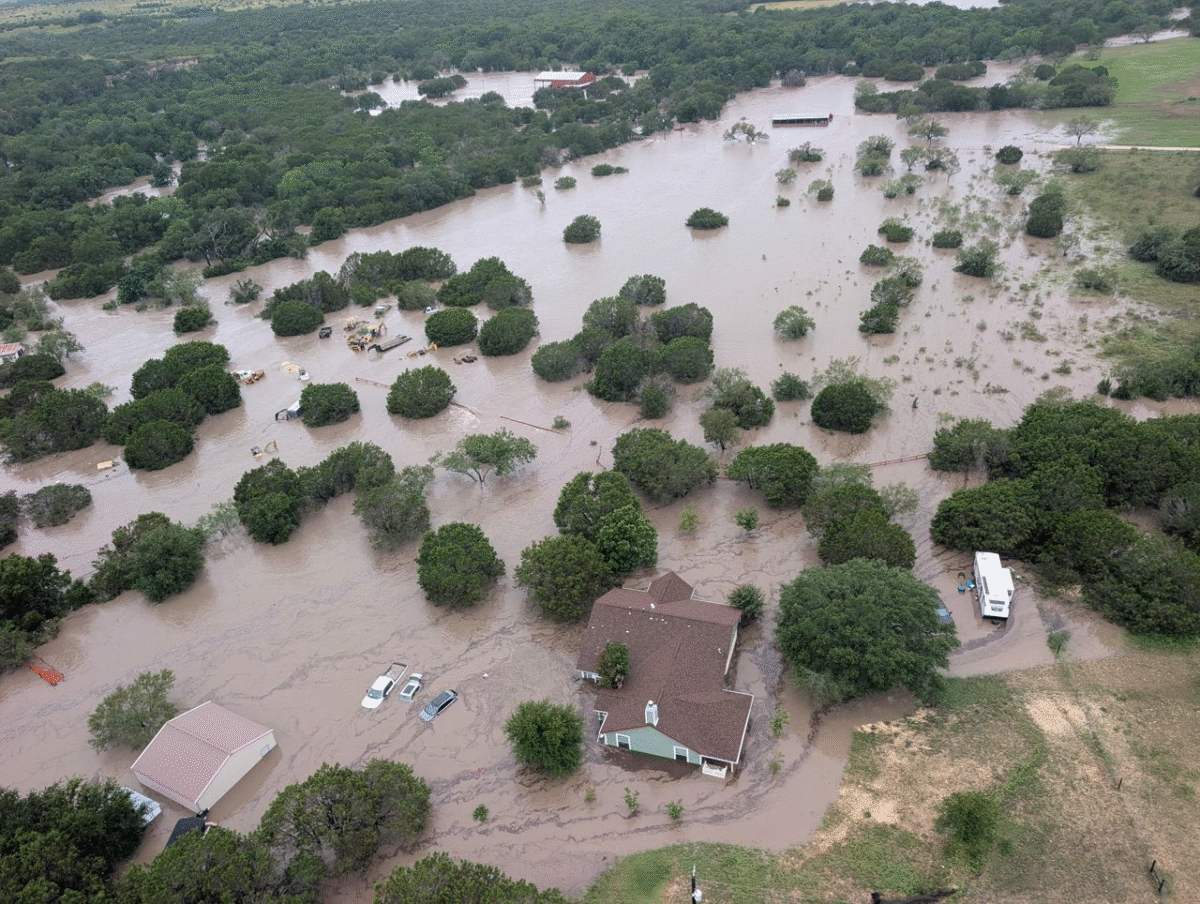Birmingham pediatrician weighs in on heading back to school in 2020
Reading time: 7 minutes
Partnered Content

Summertime is wrapping up here in Birmingham, and kids of all ages are gearing up to head back to school. It’s going to look a little different this year, though. We caught up with a pediatrician from Children’s of Alabama to get her best advice on keeping everyone from pre-K to college as safe as possible.
Times are Changin’

We all know 2020 has been a weird year, but I promise not to use the word “unprecedented” in this article. Although things are changing rapidly and new information is coming out every day, school districts all over the country are having to make some hard decisions.
We put together a piece in mid-July on where each area public school district stands currently. Again, conditions and plans are constantly being re-assessed, but most districts are offering both traditional and virtual learning options. Get more info here.
Why it Matters

Regardless of what the nitty-gritty details are, there’s no question that students, teachers, parents and more have a whole new set of challenges this school year. We teamed up with Children’s of Alabama to share some important info and expert advice.
Elizabeth Peters, M.D., is a pediatrician with Mayfair Medical Group, part of Children’s of Alabama right here in Birmingham.
Her impressive resume doesn’t end there, however. Dr. Peters is certified by the American Board of Pediatrics and is a Fellow of the American Academy of Pediatrics. She is also a member of the Jefferson County Medical Society and the Medical Association of the State of Alabama.
If anyone is prepared to give advice during this health crisis, it’s Dr. Peters.
“From the American Academy of Pediatrics’ stance, we feel it is very important for all children to be able to be back in school, physically if possible.
The kids have had such a long time without school, and we feel for many reasons—academic, mental and emotional well being, social benefits and nutrition—there are a lot of different reasons children need to be back in school if the current health situation makes it possible.
So then the question becomes, how do we get them back in school while keeping them—as well everyone in the school building—safe?”
Dr. Peters, Pediatrician, Children’s of Alabama
I asked Dr. Peters for her best advice when it comes to preparing each age group. Here’s what she had to say:
Elementary

Elementary-aged students may not fully understand the why behind these new behaviors like wearing masks all day, not having close physical interactions with classmates and all the other safety precautions schools are taking.
Dr. Peters suggests getting them as prepared as possible at home:
“Children look to their parents and the adults around them for how to behave. If parents can show children that wearing a mask is something that protects people around them and that they’re willing to do it, children are more willing to do it as well.
I think it starts with the adults in the community recognizing that masks have shown that they can reduce the rates of viral spread.”
Dr. Peters, Pediatrician, Children’s of Alabama
With the new statewide mask ordinance, this behavior is one children should already be familiar with. Dr. Peters still suggests taking time now, even at home, to practice wearing a mask with your child.
Doing different activities while wearing a mask, like talking and listening to other people, can help children of all ages be significantly more comfortable when the time comes to be back in the classroom.
Another important practice to really focus on now is hand hygiene. If it’s already a habit at home, it’s much easier for it to become a habit at school.
Middle + High School

Most middle and high school students follow more of a class rotation schedule, which adds a whole new set of challenges.
“Facial coverings are going to be even more important with this age. They spend more time in the hall, more time in different classroom settings, which is going to be difficult.
We need to teach them the importance of wearing masks to be respecting of the people around them—that’s the reason we’re wearing them.”
Dr. Peters, Pediatrician, Children’s of Alabama
Extracurricular activities, of course, will have to look different. A ton of different suggestions are being thrown around by administrators, medical professionals and more, but no one has a perfect solution.
Dr. Peters maintained throughout our conversation that everyone in her world of medical professionals, school faculty, etc. wants the same thing. They want children to be in school and back to normal, but adjustments are just going to have to be made.
She also touched on the online options that most schools are offering and said that may be the safest option for certain students who may be at a higher physical risk. However, when it comes to the mental health aspect, those in-class learning opportunities are so important.
College

If you’ve ever lived in a packed dorm or eaten in a college dining hall, you know that if one person in your building comes down with something, it can spread like wildfire.
The close living-learning environment of many undergraduate experiences is unique and formative, but it’s also high risk in times like these. Some colleges are discussing measures such as testing prior to admission and limiting capacity in residence and dining halls.
“It goes back to having to be flexible and recognizing that this year may not be the same, and to be prepared for that.
The mental aspect is important for all ages, but it’s especially difficult for these teenagers and young adults. We need to constantly remind them that there are support systems out there, and they should utilize them.”
Dr. Peters, Pediatrician, Children’s of Alabama
Most colleges and universities have free counseling services on campus, and they can help with all kinds of issues, from stress management to anxiety and depression and more. Encourage the students in your life to take advantage of these resources.
One thing that Dr. Peters kept saying really stuck with me. It’s important to keep communication open. Whether it’s between children and parents, teachers and administrators, or anyone else—we’re all trying to figure things out as we go.
This year will be unlike anything we’ve experienced before, but we’ll make it through together. Tell a teacher you appreciate them today, send a coffee to a healthcare worker and take care of one another.
Wash your hands, wear your masks, stay safe and stay flexible, Bham! For more information and resources, be sure to like Children’s of Alabama on Facebook.
Partner



